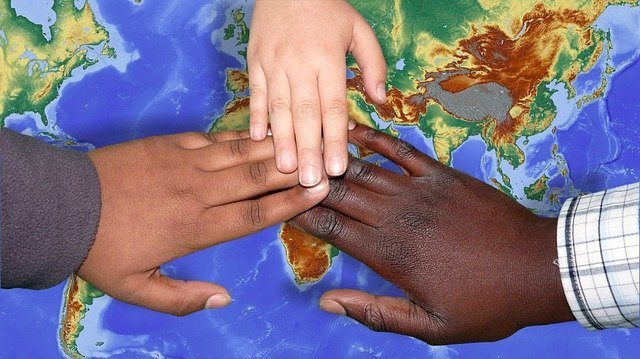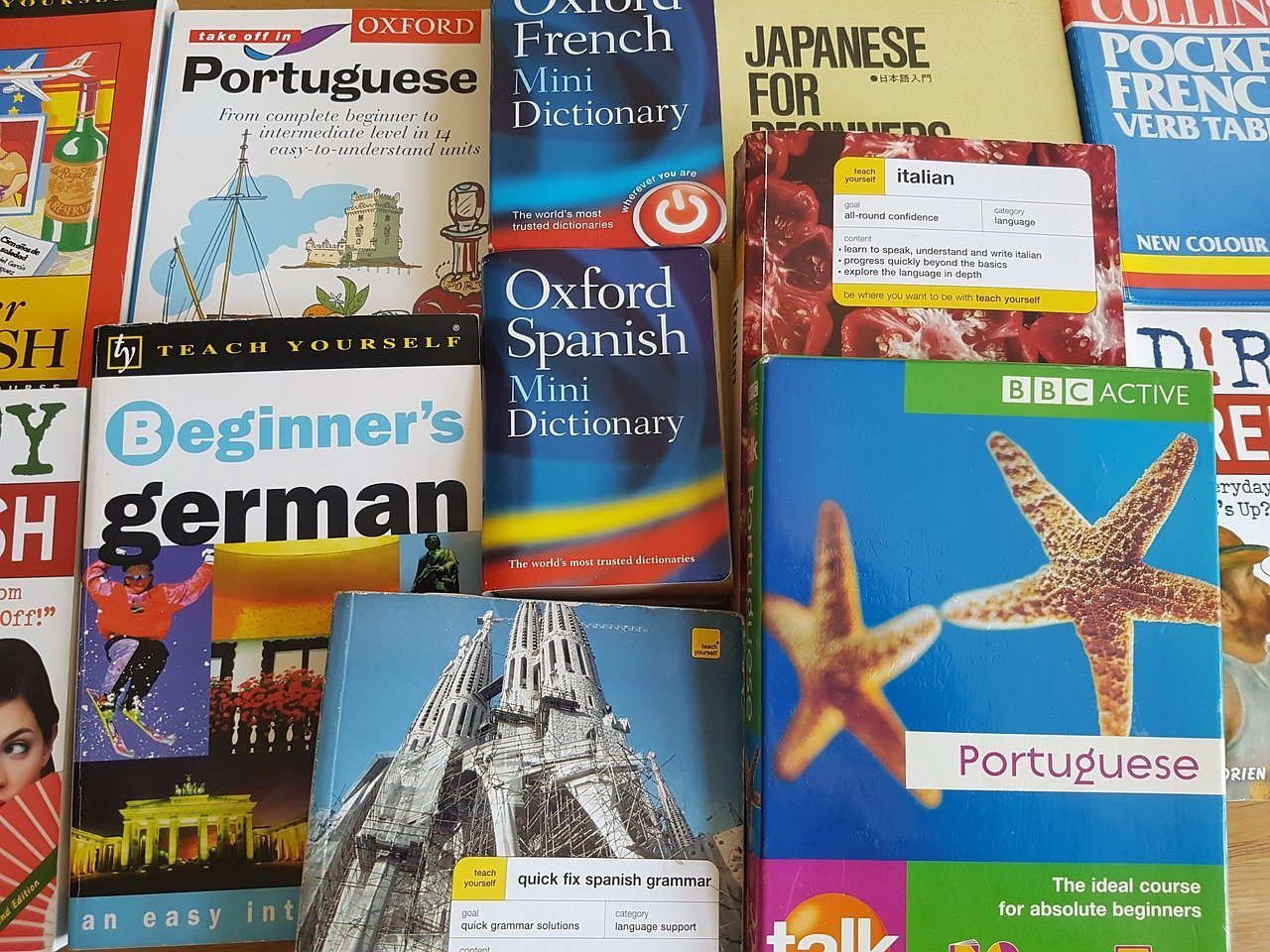Love Travel, Love The Planet: How To Travel Respectfully

Image by Capri23auto from Pixabay
One reason that we - as in people in general - love to travel is because it gives us a closer look at different cultures and lifestyles, something we simply don’t get through our media. Only by getting out there and seeing places for yourself can you get a real feel for what a place is like, and when you first visit a new country there is a definite thrill to be taken from it.
Of course, inherent in that love for travel and interest in new cultures should be a respect for the places you’re staying and even those you visit. As you have been welcomed into a new place, and are a guest, it is only respectful to act like a guest and treat your hosts, your surroundings and the local culture in the way you’d hope to be treated. And while a lot can get lost in translation - especially, though not only, if you’re visiting a non-English speaking country - there are certain principles that will hold true wherever you visit.
Take note of the dress code
Wherever you go in the world, it’s easy to see a holiday as time to let your hair down. You’re not going to the office for eight hours a day, so why would you dress as though you were, right? That’s a perfectly reasonable way to look at it, but remember that there is a happy medium between dressing informally and dressing too casually. It’s all about surroundings - there are, for example, holy sites worldwide where you are expected to cover up arms and legs when visiting; in some, you may be expected to cover your hair.
A good guideline is to dress as you would on a smart-casual office day, to take a lead from locals in the place you are visiting, and to err initially on the conservative side. Read up as much as you can about the place before you even go there, and you’ll know what to pack. Avoid clothing with a strident political message - you simply don’t know how it will be received - and take the chance to shop in local markets, so you can be sure you have something appropriate to wear day-to-day.
Protect the local ecosystem

Image by Alain Audet from Pixabay
One thing that we’re all increasingly aware of after the last year is that traveling responsibly is vitally important. It’s great that we can see countries we’ve never been to before, but every country affected by the pandemic has had a first patient - and often, that will have been an innocent holidaymaker who didn’t even realize they were ill. Each country, and also several states, will have their own protocols for what you need to do upon entering, but even if you are not symptomatic it’s wise to get tested for Covid before traveling.
When you’re there, it’s incumbent upon you to wear a mask. This is also a wise precaution if you happen to have a cold while you’re in a non-native country - novel strains of even the common cold can be more perilous for a community that has not been exposed to them.
Protecting the local ecosystem is about more than taking precautions against viral spread, of course. It also means things as simple as holding on to litter until you find a trashcan, and things that are more complicated like sunscreen safety; don’t wear sunscreen and swim in the sea unless you are sure of what the cream contains. To ignore details like this can be deeply harmful to local sea life.
Speak the language - or at least try
There’s really no getting around it - English speakers are among the worst in the world for going to other countries and expecting to get by while speaking their own language. This has come about because, it’s true, English is widely spoken worldwide. However, not everyone speaks it, and if you are someone who holidays off the beaten track, you might find it is less widely spoken than you’d have thought.

Image by Oli Lynch from Pixabay
Let’s be clear: the local people wherever you go will not expect you to speak fluent Spanish, Korean, Arabic, Icelandic, Swahili or any other language. What they are entitled to expect is that you at least try. Just being able to say “Hello”, “Check, please” “I am from [insert native country here]” and a few other sentences shows that you have respected their culture enough to learn a little of the language and use it when it’s polite to do so. It’s the people who show up, speak English exclusively - and are offended when people don’t understand - who are likely to receive a deservedly lukewarm welcome.
The locals are people, bear that in mind
Click on any travel-related Instagram hashtag, and you won’t have to scroll for long before you see pictures offering “local color” taken by tourists. These pictures will include thronged markets, architecturally-stunning buildings and other unique aspects of local culture. While we can’t say for certain what kind of permission the photographers have sought before taking a picture, we can be confident in saying that a lot of the photos you will find are just snapped without so much as a word being exchanged. That’s not great.
People in lesser-seen parts of the world are people, not props, and visiting influencers using them as background in their travelogs are exposing them to attention they haven’t invited. The same is true if you take a photo of a house you find cute or interesting. That’s someone’s home, and they’d probably like a say in whether it becomes internet-famous. You can take photos of these things, but get permission first.
For a similar reason, if you are staying under a roof for the night it’s ideal if you can book into an independent hotel that’s locally-run. Such hotels contribute much more of their takings to the local economy, and offer a much more genuine experience of the place you’ve traveled all this way to see.
Loving travel should mean loving the planet, and loving the people who make it such a varied place to inhabit. If you travel respectfully, you’ll have a more rewarding experience and be doing right by the people you meet.
